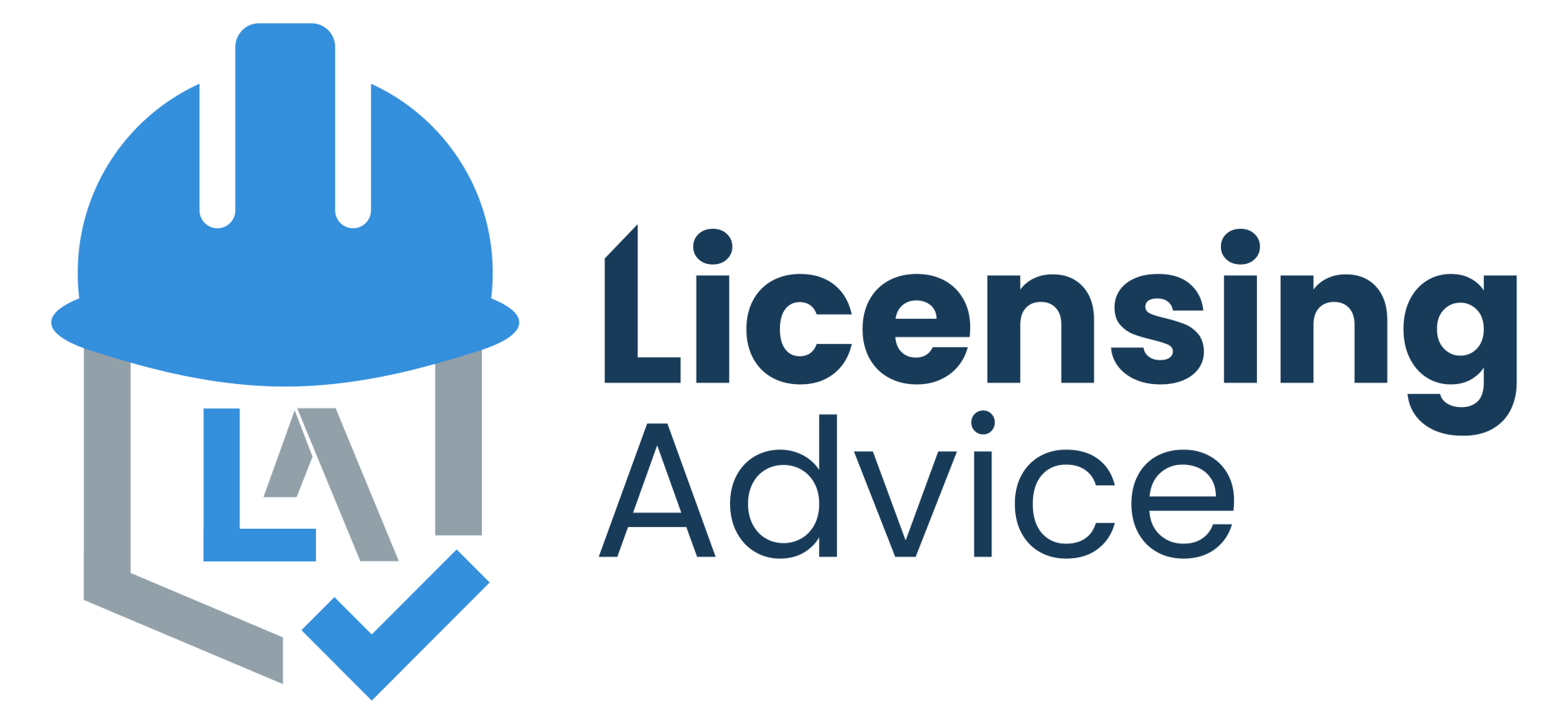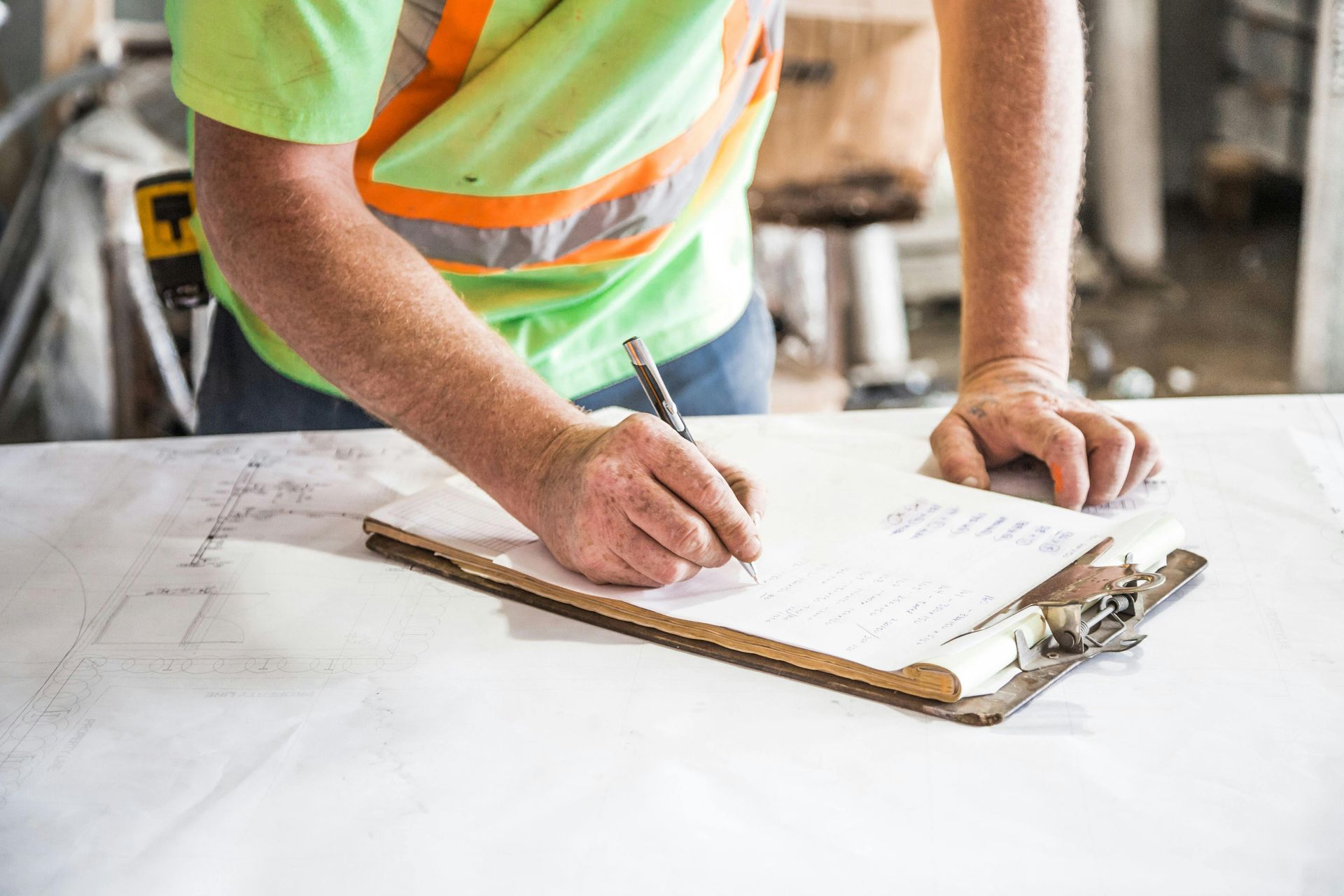ACT builder licence
A Guide for Victorian Builders and Tradies

As of July 1, 2025, the Victorian Building Authority (VBA) will officially transition into the Building & Plumbing Commission (BPC), marking a significant overhaul of Victoria’s building and plumbing regulatory framework. This change, driven by the Building Legislation Amendment (Buyer Protections) Bill 2025, aims to create a more powerful and integrated regulator by consolidating the functions of the VBA, Domestic Building Dispute Resolution Victoria (DBDRV), and the Domestic Building Insurance (DBI) arm of the Victorian Managed Insurance Authority (VMIA). The goal is to enhance consumer protections, streamline regulatory processes, and ensure higher standards in the building and plumbing industries. However, these changes bring both opportunities and challenges for builders and tradespeople in Victoria.
At Licensing Advice, we’ve helped over 2,000 tradies and builders navigate the complexities of licensing applications with a 98% success rate. With this major regulatory shift, our expertise is more valuable than ever. In this blog post, we’ll break down the key impacts of the BPC on trade and builder licensing, highlight potential effects, and explain how we can support you through this transition.
Background on the Transition
The decision to replace the VBA with the BPC stems from an independent review by Weir Legal and Consulting, titled “Victorian Building Authority – The Case for Transformation,” which highlighted systemic failures in the VBA’s management and culture (Weir Report). The review, released in October 2024, found that the VBA struggled to effectively regulate the industry, leading to issues like poor building standards and unresolved consumer complaints. As a result, the Victorian Government announced the creation of the BPC, a “one-stop-shop” regulator that will oversee licensing, compliance, dispute resolution, and insurance, with enhanced powers to protect homeowners.
The BPC will officially begin operations on July 1, 2025, as confirmed by the Victorian Government (Premier’s Announcement). This transition is part of a broader reform effort outlined in the Building Statement: Strengthening Victoria’s Building System, which aims to improve safety, liveability, and sustainability in the built environment (Building Reform).
Key Impacts on Trade and Builder Licensing
The shift to the BPC introduces several changes that will affect how builders and tradespeople obtain and maintain their licenses. Based on available information, here are the primary impacts:
- Automatic Transition of Current Licenses
- If you currently hold a valid registration or license with the VBA, it will automatically transfer to the BPC and remain valid until the expiry date listed on your practitioner ID card. No immediate action is required until renewal, ensuring continuity for existing license holders (VBA Transition).
- Stricter Measures Against Phoenixing
- The BPC will have enhanced powers to combat “phoenixing,” where companies are liquidated to avoid debts and then restarted under new entities. Builders who have been directors of insolvent companies may face suspension or non-renewal of their licenses. This includes provisions for immediate suspension if a company becomes insolvent while the builder is a director, and non-renewal if financial probity requirements are not met (Weir Report).
- Suspension for Non-Compliance with Rectification Orders
- The BPC can suspend licenses if builders fail to comply with rectification orders for defective work. This is a significant change, as the regulator will have the authority to enforce fixes even after occupancy, increasing accountability but also the risk of penalties for non-compliance (MBV Announcement).
- Minimum Financial Requirements
- Builders will need to meet new minimum financial standards to obtain or renew their licenses, as outlined in the Building Legislation Amendment (Buyer Protections) Bill 2025. While specific details are yet to be prescribed, this requirement could involve demonstrating financial stability or securing additional insurance, which may impact smaller businesses (HWL Ebsworth).
Key Licensing Impacts
| Impact | Details | Source |
|---|---|---|
| Automatic License Transition | Current licenses transfer to BPC, valid until expiry. | VBA Transition |
| Anti-Phoenixing Measures | Suspension or non-renewal for directors of insolvent companies. | Weir Report |
| Suspension for Non-Compliance | License suspension for failing to comply with rectification orders. | MBV Announcement |
| Minimum Financial Requirements | Builders must meet new financial standards for licensing. | HWL Ebsworth |
Impacts on Builders and Tradies
While the BPC aims to strengthen consumer protections, it introduces several challenges for builders and tradespeople. Here are the key negative impacts to be aware of:
- Extended Liability Period
- The BPC will have the power to direct builders to fix substandard work even after occupants have moved in, extending the liability period beyond the current pre-occupancy limit. The exact timeframe will be determined in consultation with industry, but this could increase costs and risks for builders, as they may need to address defects years after project completion (Docklands News).
- Increased Administrative Burden
- New reporting requirements, particularly before occupancy certificates are issued, will likely increase the administrative workload for builders. Additionally, a 50% increase in auditors and inspectors, backed by a $63.3 million budget investment, means more frequent inspections, which could add to compliance efforts (MBV Announcement).
- Financial Burdens
- The introduction of minimum financial requirements and a potential increase in Domestic Building Insurance (DBI) thresholds (from $16,000 to $20,000) could strain the finances of smaller builders and tradies. These costs, combined with a 3% levy for warranty claims and other standards, may impact profitability (Builder Registration).
- Stricter Enforcement and Inspections
- The BPC’s inspection blitz and crackdown on unregistered work will increase scrutiny, potentially leading to more frequent penalties for non-compliance. This could be particularly challenging for tradies and builders who struggle to keep up with complex regulations (MBV Announcement).
Negative Impacts
| Impact | Details | Source |
|---|---|---|
| Extended Liability | Builders may face defect rectification orders post-occupancy. | Docklands News |
| Administrative Burden | Increased reporting and inspections add to workload. | MBV Announcement |
| Financial Burdens | New financial requirements and levies increase costs. | HWL Ebsworth |
| Stricter Enforcement | More inspections and penalties for non-compliance. | MBV Announcement |
Industry Perspectives
The Master Builders Victoria (MBV) has expressed mixed feelings about the transition. While they respect the government’s efforts to protect consumers, they argue that post-build complaint resolution alone isn’t enough. MBV advocates for better training for trades, removing unregistered builders, and simplifying insurance processes to support the industry (MBV Media Release). Some industry concerns, as noted in a petition to the Victorian Parliament, include fears of a government-controlled insurance monopoly and increased costs passed onto consumers (Parliament Petition).
How Licensing Advice Can Help
At Licensing Advice, we understand that regulatory changes can be overwhelming. With over a proven track record of helping over 2,000 tradies and builders get licenced, we’re here to simplify the licensing process. Our services include:
- Expert Guidance: We’ll help you understand and explain new licence or registration requirements for Victorian Tradies looking to apply.
- Application Preparation: We’ll ensure your license application meets the BPC’s standards, reducing the risk of delays or rejections.
- Free Consultations: You can book a free consultation with our licensing experts to discuss how these changes affect your licence application.
Conclusion
The transition from the VBA to the Building & Plumbing Commission (BPC) represents a significant shift for Victoria’s building and plumbing industries. While it promises streamlined regulation and stronger consumer protections, it also introduces challenges like extended liability, increased administrative tasks, and financial pressures. By staying informed and proactive, you can navigate these changes with confidence. Let Licensing Advice be your partner in ensuring your licensing journey is smooth and successful. Contact us today to get started!
Key Citations
- Victorian Building Authority Home
- Master Builders Victoria Building & Plumbing Commission
- Premier’s New Building Watchdog Announcement
- Building Legislation Amendment Bill 2025
- HWL Ebsworth Residential Building Legislation Changes
- Docklands News VBPC Expectations
- MBV Media Release on Consumer Protections
- Parliament Petition on Buyer Protections Bill
- VBA Case for Transformation Report
- Building Reform Policy
Need assistance with your Application?
Book your FREE 15 Minute Consultation with our Licensing Experts to get your Trade or Builders Licence underway!






